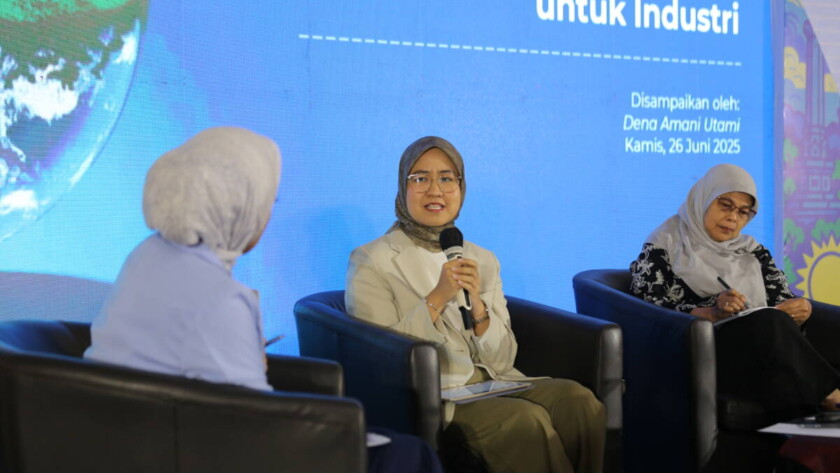Semarang, June 26, 2025 - Central Java continues to demonstrate its commitment to supporting decarbonization efforts, in line with the national target of achieving Net Zero Emission (NZE) by 2060 or sooner. One of the keys to achieving this target is the adoption of low-carbon technology in the industrial sector, considering that industry is a…

